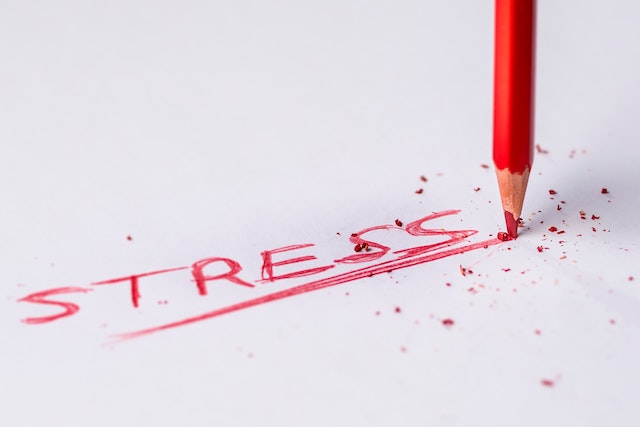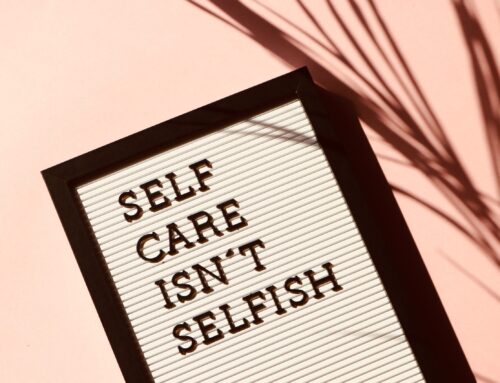Introduction
Emotional stress is an inevitable part of life. Still, it’s essential to recognise the symptoms and signs early on to prevent it from taking a significant toll on our mental and physical health. When left unchecked, emotional stress can lead to various complications, such as depression, anxiety, and even chronic diseases. This blog post will explore the symptoms and signs of emotional stress and provide self-help strategies to better manage and cope with stress in our daily lives.
Symptoms and Signs of Emotional Stress
Emotional stress manifests itself in various ways, and individuals may experience different symptoms based on their unique circumstances. Some common symptoms and signs of emotional stress include:
- Emotional symptoms:
- Mood swings
- Irritability
- Anxiety
- Sadness or depression
- Feeling overwhelmed or unable to cope
- Lack of motivation or interest in activities once enjoyed
- Cognitive symptoms:
- Difficulty concentrating or making decisions
- Memory problems
- Constant worrying or negative thinking
- Racing thoughts
- Physical symptoms:
- Headaches or migraines
- Gastrointestinal issues (e.g., stomachaches, diarrhea, constipation)
- Insomnia or sleep disturbances
- Fatigue
- Rapid heart rate or chest pain
- Weight fluctuations
- Behavioural symptoms:
- Changes in appetite (overeating or undereating)
- Social withdrawal or isolation
- Procrastination or neglect of responsibilities
- Substance abuse (e.g., alcohol, drugs, or medications)
Self-Help Strategies for Managing Emotional Stress
Identify and address the source of stress
The first step in managing emotional stress is identifying the specific triggers or sources of stress in your life. This may involve evaluating your relationships, work environment, or personal circumstances. Once you have identified the stressors, try to address them or find ways to minimise their impact.
Practice mindfulness and relaxation techniques
Mindfulness practices, such as meditation, yoga, or deep breathing exercises, can help you become more aware of your thoughts and feelings, making it easier to manage stress. These techniques can also help you develop a sense of calmness and resilience, allowing you to cope better with challenging situations.
Prioritise self-care
Ensure that you are taking care of your physical, emotional, and mental well-being. Prioritise activities that make you feel good and help you relax, such as exercise, spending time in nature, engaging in hobbies, or connecting with loved ones. Remember also to maintain a healthy diet, get enough sleep, and stay hydrated.
Establish a support network
Contact friends, family members, or support groups to share your feelings and experiences. A strong support network can help you feel less alone and provide valuable insights and advice for managing stress.
Set realistic goals and expectations
Stress often arises from trying to meet unrealistic expectations or juggling too many responsibilities. Set attainable goals for yourself and prioritise your tasks based on their importance. Feel free to delegate tasks to others or ask for help when needed.
Develop healthy coping mechanisms
Replace unhealthy coping mechanisms, such as substance abuse or overeating, with healthier alternatives. These may include journaling, art therapy, practising gratitude, or engaging in physical activities like walking, swimming, or dancing.
Seek professional help if necessary
If you find your emotional stress overwhelming or persistent, consider seeking help from a mental health professional, such as a therapist or counsellor. They can provide guidance, support, and coping strategies tailored to your needs.
Conclusion
Emotional stress is a natural part of life, but recognising the symptoms and signs early on can help prevent it from taking a significant toll on your mental and physical well-being. By identifying the sources of stress, practising mindfulness and relaxation techniques, prioritising self-care, establishing a support network, setting realistic goals and expectations, developing healthy coping mechanisms, and seeking professional help when necessary, you can better manage and cope with stress in daily life.
Remember that it’s essential to be patient with yourself as you work through your emotional stress. Developing healthy stress-management strategies takes time and practice, and being kind to yourself is crucial. Emotional stress may be unavoidable, but with the right tools and mindset, you can learn to navigate it and build resilience for life’s challenges.
Further Reading
You can find out further information about Mental Health by visiting the following link:
Good mental health: How to improve yours (and maintain it for life) – Maintaining good mental health is essential for overall well-being and success. This blog post from Fingerprint for Success shares 10 actionable tips for cultivating a healthy mind.





